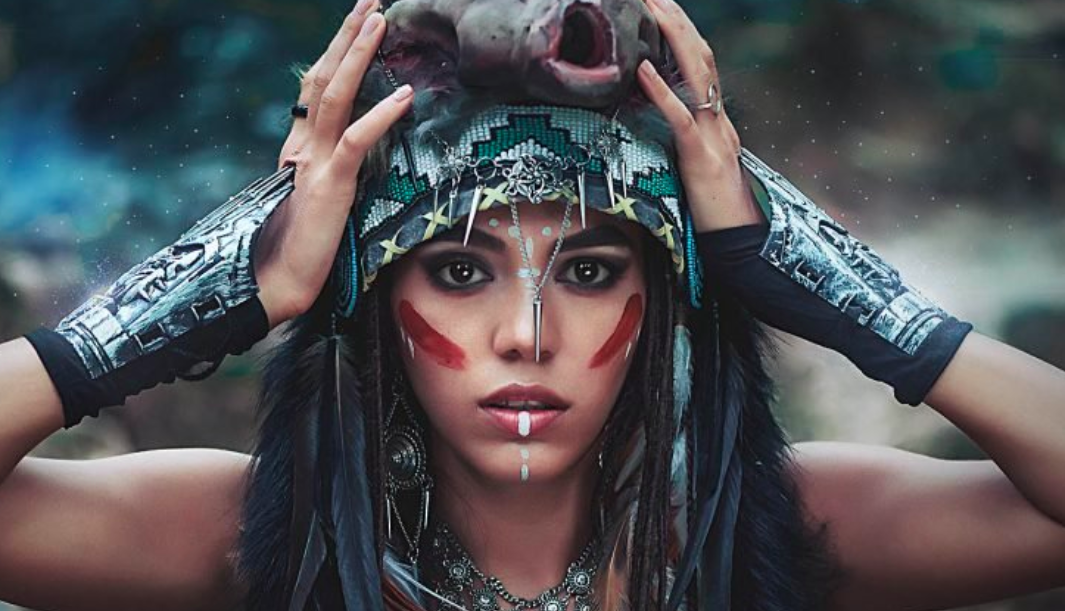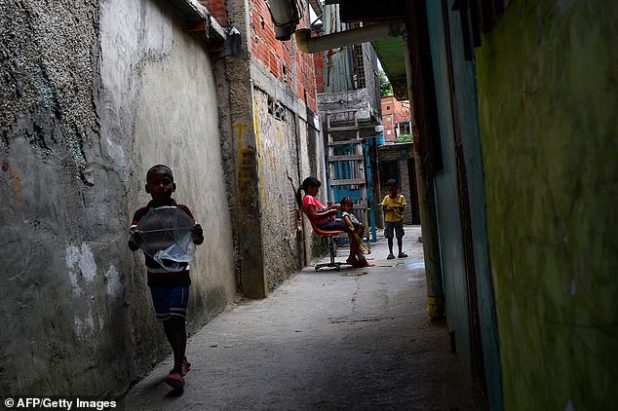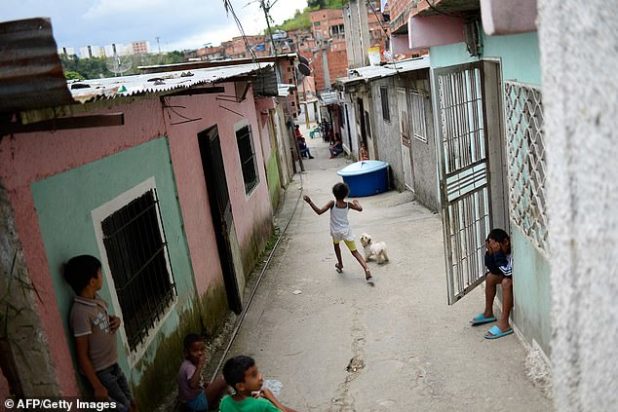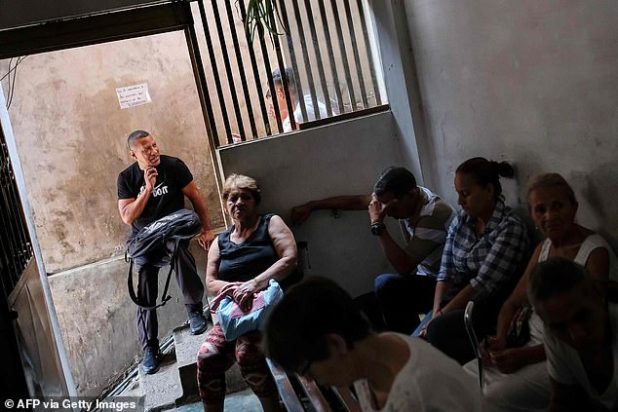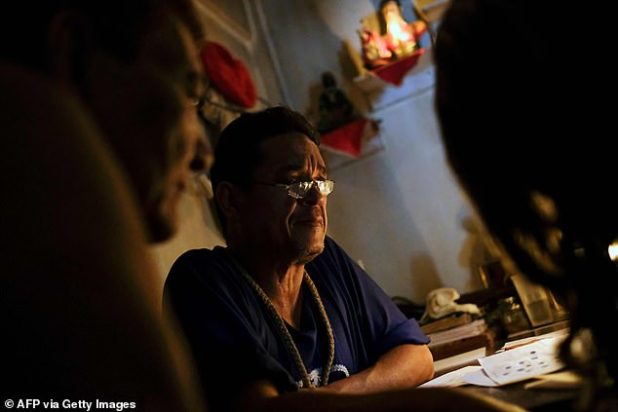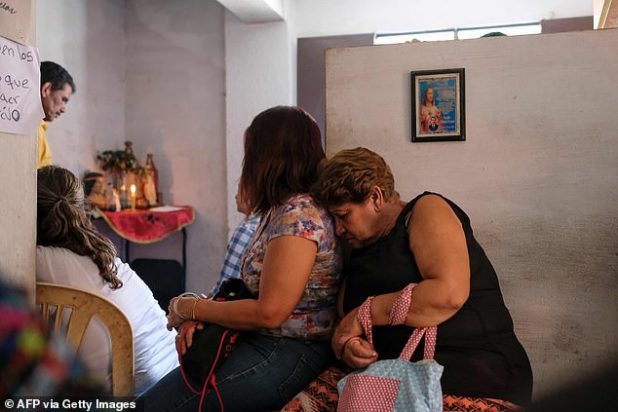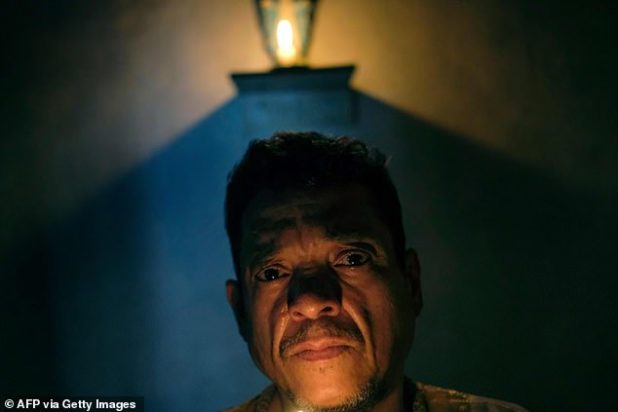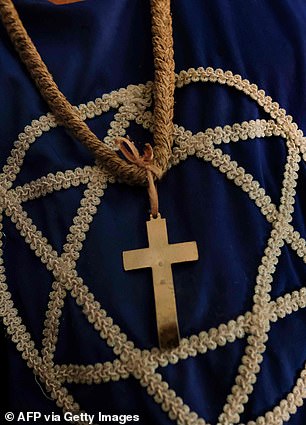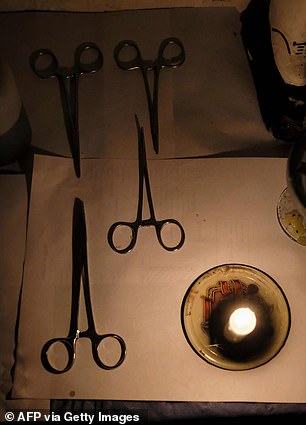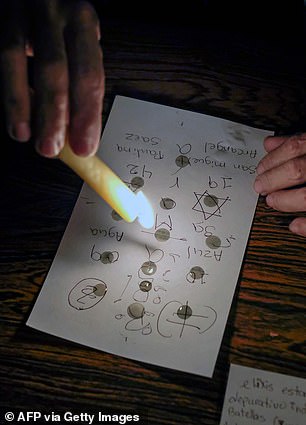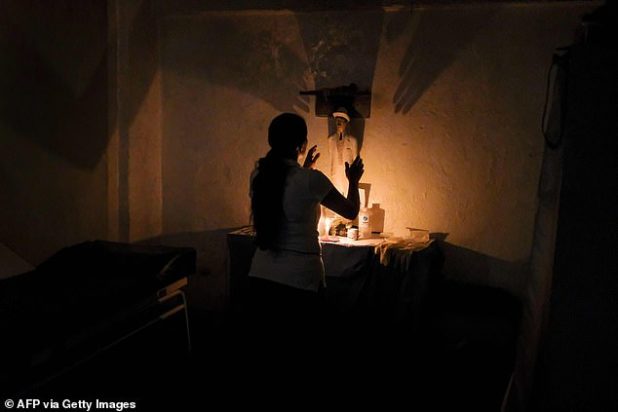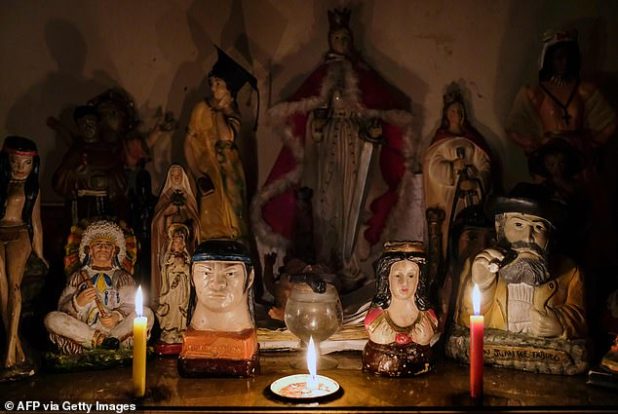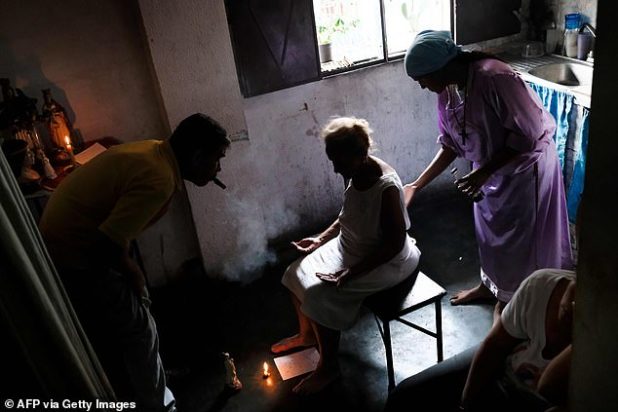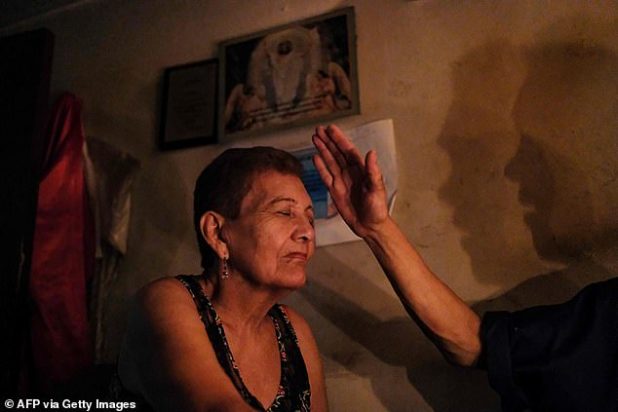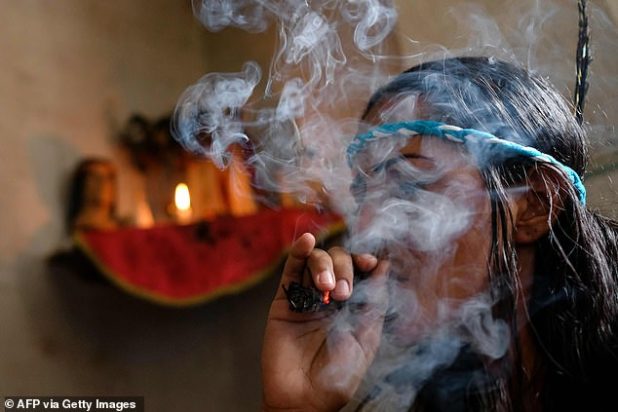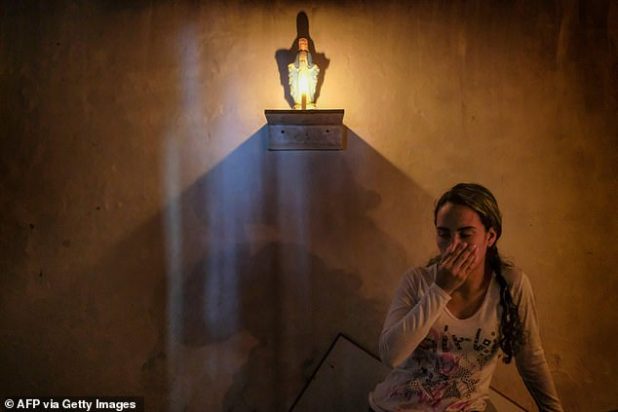Pomidor Quixote
Daily Stormer
October 8, 2019
The white man came, the white man left. Everything is going back to the way things were.
A chronic medicine shortage in Venezuela is seeing more people turn to alternative medicine for treatment.
It is a move that could put thousands of chronically-ill people in the crisis-wracked South-American nation at risk of dying.
However, with Venezuela’s chronic medicine shortages and hyperinflation there seems to be little choice for those desperately in need of treatment.
Humanitarian aid in recent months has led to a small improvement in the availability of medical supplies – but those working in the sector say shortages continue to plague the health-care system.
The country’s pharmacists’ federation say pharmacies and hospitals have on average only about 20 per cent of the medicine stock needed.
And as a result Venezuela’s opposition parties say some 300,000 chronically ill people are in danger of dying from the shortages of medicines.
All across Venezuela, but particularly in poor areas like Petare, patients cannot hope to afford the price of medicines that due to the economic crisis, have become exceedingly rare.
And so they are looking to alternatives for treatment.
The small waiting room at the home of self-styled healer ‘Brother Guayanes’ in Caracas’ rundown Petare district fills up quickly with patients – business has never been better.
‘We go to the hospital and there’s nothing there. They don’t have medicines, or they’re too expensive, what are we to do?’ said Rosa Saez, 77, who has come to get treatment for a painful arm.
Carlos Rosales – he uses the more ceremonious ‘Brother Guayanes’ for his business – is finishing up a ‘spiritual intervention’ on a patient in what passes for his surgery.
Carlos Rosales, “Guayanese Brother”
The patient lies, eyes closed, on a cot as, in a series of swishes and clicks, the healer waves five pairs of scissors one after another over his prone body.
The healer says he performs 200 such interventions a week in a dim, candle-lit room that features two camp beds and an array of plaster statues that Rosales says represent ‘spiritual entities’.
A regular visitor to the spiritual center, Saez says she has faith in Rosales’ methods: ‘He healed my kidneys.’
Rosales’ clinic is muggy with the smell of tobacco. A crucifix suspended from a chain around his neck, he practices a seeming mixture of smoke-blowing shamanism, plant-based medicine and mainstream religion.
Posters hung near the entrance remind clients to arrive with a candle and tobacco and ‘Don’t forget that payment is in cash‘.
Much like a general practitioner, Rosales spends time consulting with his patients, examining them with a stethoscope, before offering a diagnosis. Often he prescribes potions based on plants and fruit, such as pineapple and a type of local squash known as chayote.
‘We know medicines are necessary,’ he says. ‘I’m not against medicine, but my medicine is botany.’
At her stall in a downtown Caracas market, 72-year-old Lilia Reyes says she has seen her trade in medicinal plants flourish.
‘I can’t keep up with the demand,’ she said at her stall, bathed in the aroma of camomile, one of the 150 plants she sells.
Thanks to the collapse of the white man’s medicine system, the indigenous medicine business is now thriving.
Everyone should be happy for Venezuela. The vestiges of colonialism are finally fading away and the people there are beginning to go back to their roots. They are finding themselves.
Any talk about America or any other country making any kind of intervention in Venezuela should be considered a direct attack on the identity of the Venezuelan people.
Attempting to change their current circumstances is just another form of colonialism — especially now that they’re starting to remember who they really are.
